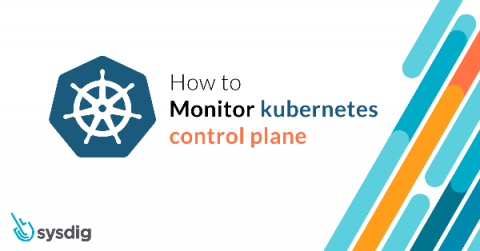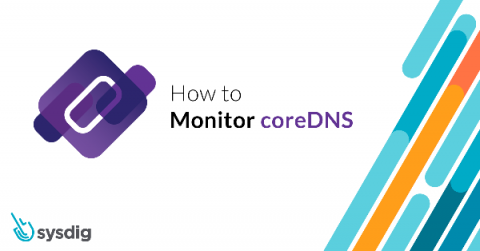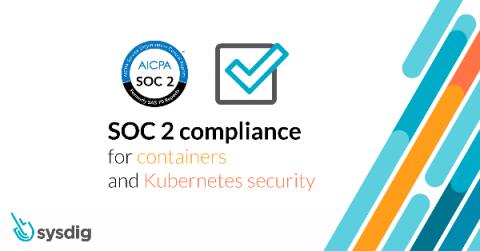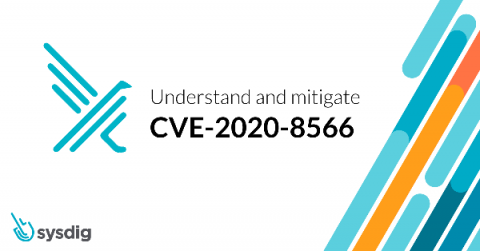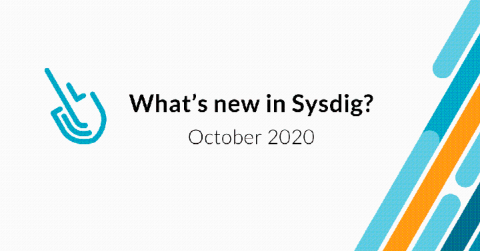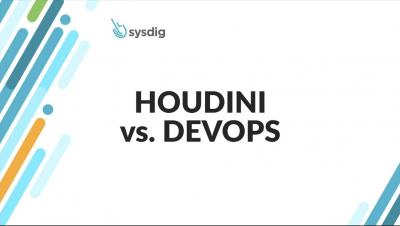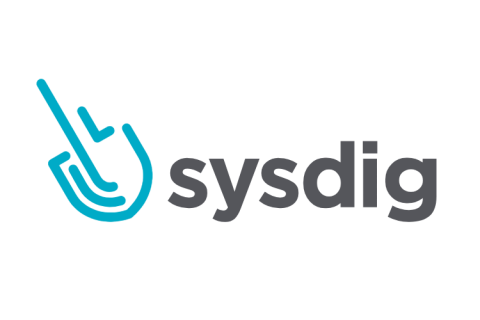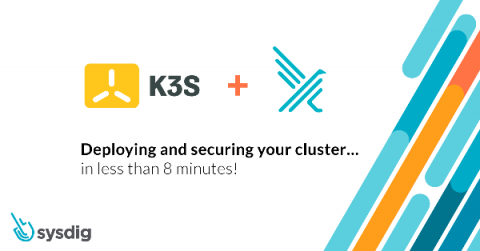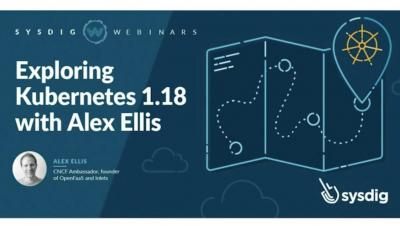How to monitor Kubernetes control plane
The control plane is the brain and heart of Kubernetes. All of its components are key to the proper working and efficiency of the cluster. Monitor Kubernetes control plane is just as important as monitoring the status of the nodes or the applications running inside. It may be even more important, because an issue with the control plane will affect all of the applications and cause potential outages.


